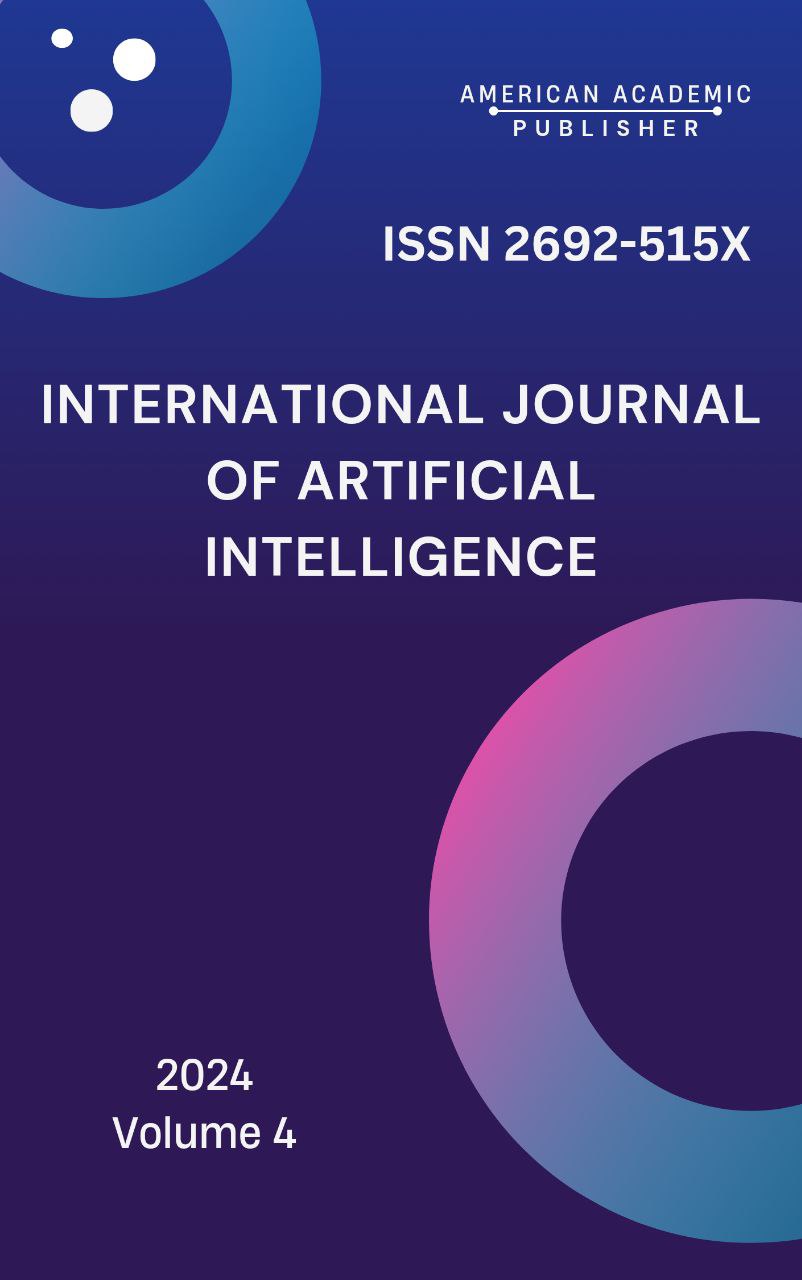 Articles
| Open Access |
Articles
| Open Access | INTERPRETATION OF PEDAGOGICAL AND PSYCHOLOGICAL FEATURES OF DETERMINING THE DEVELOPMENT OF GIFTED CHILDREN IN PRIMARY EDUCATION
S.Q.Eshboeva , Termez University of Economics and service Department of preschool and primary education dots.v/b, p.f.f.d (PhD)Abstract
in this article, work with gifted students, the student's ability to gain knowledge, gain experience and apply it in independent practical activities, the characteristics of the environment and activities that affect their development, the directions of working with gifted students, the development of giftedness classification according to types of activity, work on developing talent in children, information that illuminates the uniqueness of the formation of a team of talented students in primary education, recommendations for identifying and developing the talent of students from the primary education stage and proposals are detailed.
Keywords
school, group of students, talent, social environment, curiosity, demand, fluctuations of interests, communicativeness, educational environment, conditions, pedagogical cooperation.
References
The decision of the president of the Republic of Uzbekistan dated February 27, 2020 PQ-4623-on measures for the further development of the field of pedagogical education.
The decree of the president of the Republic of Uzbekistan dated November 6, 2020 No. PF-6108 on measures for the development of education and science in the new development period of Uzbekistan.
Decree No. 60 of the president of the Republic of Uzbekistan “on the development strategy of new Uzbekistan for 2022-2026”dated January 28, 2022.
PQ-4199 of the president of the Republic of Uzbekistan dated February 20, 2019 “on the opening of presidential schools “in order to develop the intellectual and creative potential of young people, support and encourage gifted children”. - Tashkent, 2018.
Ergashev P., Gozibekova G., Baikunusova G. Methodological aspects of the development of creative thinking skills in students (methodological manual).- T., 2013. - 56 b.
Eshboeva S.K. Use of people's oral creativity in the formation of ecological concepts of primary school students on a creative basis. // Oriental Renaissance: Innovative, educational, natural and social sciences.Scientific Journal Impact Factor. - Volume 1 / ISSUE 10 ISSN 2181-1784 SCIF 2021: 5.423, www.oriens.uz Doi 10.24412 / 2181-1784-2021-10. November 2021. Scientific journal No. 10. -P. 763-769.
Ishmuhamedov R., Abdukodirov A., Pardayev A. Innovative technologies in education (practical recommendations for educators and teachers of educational institutions). - Tashkent: Talent, 2008. - 180 b.
Ibragimova G.N. Development of students ' creativity skills on the basis of interactive teaching methods and technologies: doctor of Philosophy (PhD) in Pedagogical Sciences. diss. autoref.- T., 2017. - 39 b.
Ibragimov R. Didactic fundamentals of the formation of cognitive activity of elementary students: ped. fan. Doc. diss. - T.: Özpfiti, 2005. - 265 b.
Makhmudova D.M. Methodology for the development of creative activity of students on the basis of problematic educational technologies: dissertation of the doctor of Pedagogical Sciences (DSc).- Chirchiq, 2021. - 200 b.
Nishanova Z.T. Psychological foundations for the formation of independent creative thinking: psych.fan dock. diss. - T., 2005.- 391 b.
Najmiddinova G.N. Didactic fundamentals of the formation of educational and educational activities of elementary students: ped. fan. nom. dis. - T., 2006. - 159 b.
O'sarov J.E. Improvement of educational content and development of student competence (on the example of teaching physics) on the basis of competencies on base and science: ped. fan. Doc. (DSc) diss. authoreferati. - T.: TDPU, 2019. - 30 b.
Article Statistics
Downloads
Copyright License

This work is licensed under a Creative Commons Attribution 4.0 International License.

